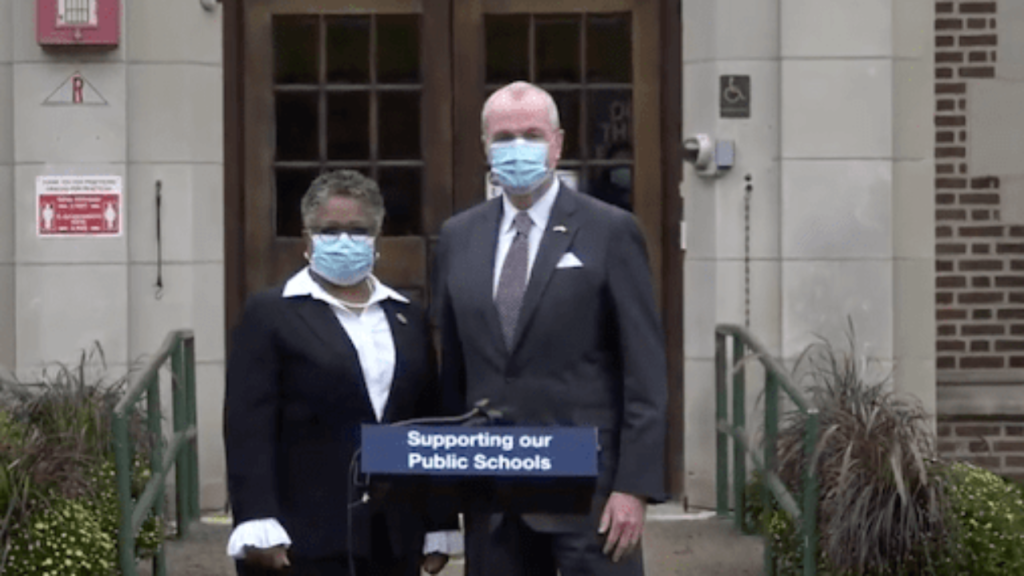This morning at the New Jersey State Board of Education meeting, the Department of Education formally asked Board members to allow districts to continue to provide special education services remotely to students with disabilities. This request was made despite the fact that Governor Phil Murphy has ordered that “all students will be back in school for full-time instruction” during the 2021-2022 academic year and “parents will not be enabled to…opt their child out of in-person instruction.”
According to sources, the DOE’s interpretation of Murphy’s mandate excludes students with disabilities.
When schools closed in March 2020, most NJ school districts provided services listed in students’ Individualized Education Plans (IEP’s) through Zoom or other platforms. This was permitted through the enactment of “temporary rule modifications governing the provision of special
education and services to students with disabilities,” plus the State of Emergency. While remote speech therapy (or occupational or physical therapy) doesn’t translate well to screens, school closures required these compromises.
The State of Emergency has been lifted and schools are open so at the meeting today Education Commissioner Angelica Allen-McMillan requested (see
this agenda) that the State Board approve the rescission of two of those temporary rule modifications. However, she asked the Board to retain just one rule: allowing districts to maintain remote therapies for students with disabilities to (according to two sources) “allow districts a little more time to put staff in place to serve the needs of these students.”
Several board members had concerns. Mary Beth Berry, who has a 35-year history as a special education teacher, asked why, if all other teachers are providing in-person instruction, the DOE is asking for an exception to be made just for special education students. DOE leaders, according to sources, evaded the question (“so disingenuous,” said one attendee) and stuck to “it’s too hard for districts.”
Another board member asked why districts can’t follow a parent’s wishes if they don’t want services delivered remotely but didn’t get an answer. (It’s unclear how this exception squares with contractual IEP’s.)
In the end, three board member–Jack Fornaro, Mary Beth Berry, and Andrew Mulvihill–voted against the DOE request but the motion passed anyway.
Also on the agenda was a proposal to consider new cut scores–the bottom score needed to get a passing grade–on alternative assessments (tests for students who can’t pass the state standardized tests) and for PRAXIS assessments (tests to gauge course content knowledge for prospective teachers). These decisions will be made in the next month or so.



